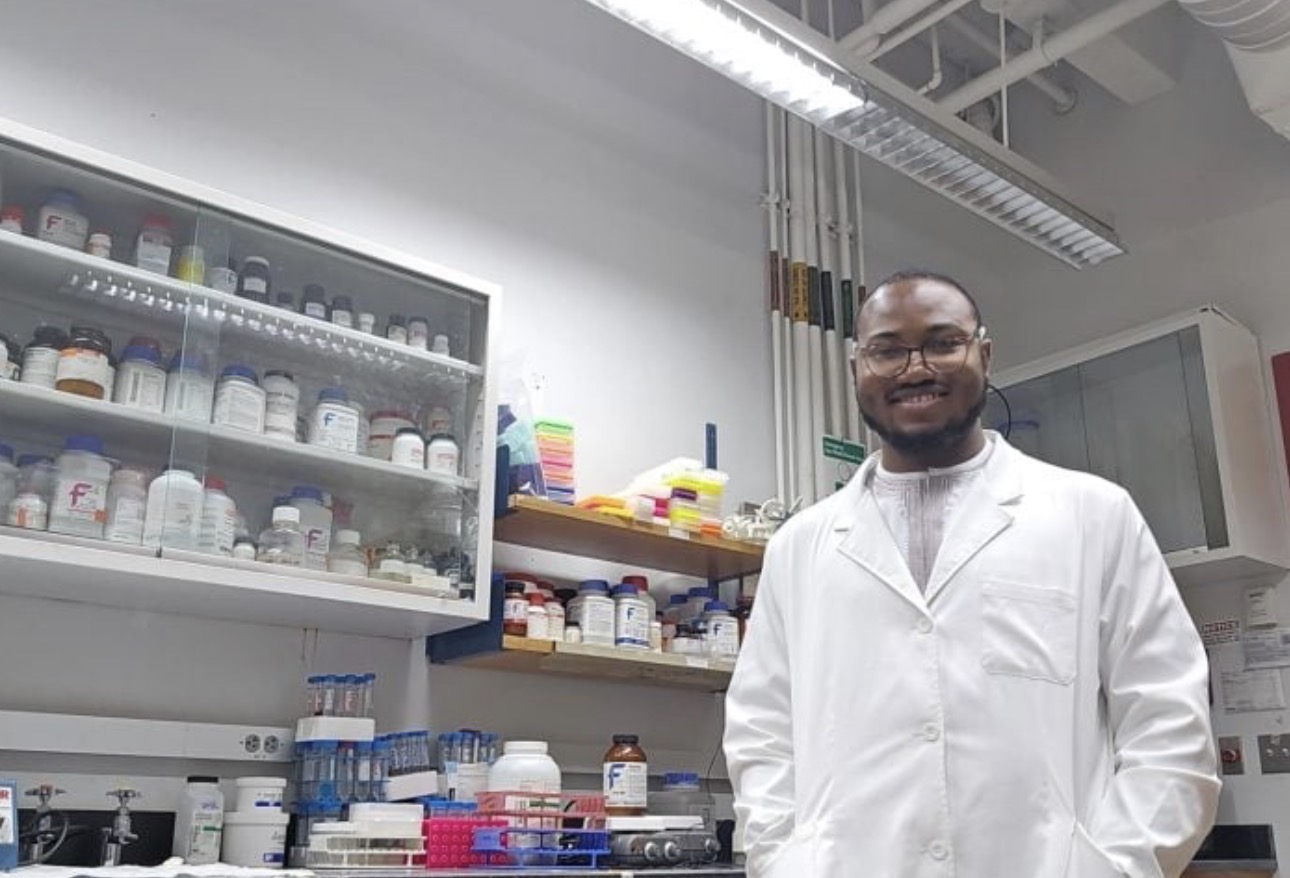
Revolutionary Nigerian Professor Develops AI That Detects Depression Before It Happens

In a groundbreaking scientific milestone that has sent ripples through the global tech and medical communities, a Nigerian-born professor based in the United States, Nchebe-Jah Iloanusi, has developed a cutting-edge Artificial Intelligence system capable of predicting the onset of depression before clinical symptoms even become visible. This innovation, hailed as one of the most advanced intersections of artificial intelligence and mental health technology, represents a major step forward in how humanity understands and prevents psychological disorders.
Professor Iloanusi’s AI system reportedly works by analyzing a range of biometric, behavioral, and linguistic data in real time to detect early signs of emotional decline and psychological distress. By identifying subtle changes in tone, speech patterns, sleep cycles, digital activity, and physiological responses, the system can alert users and medical professionals long before depression takes root. Experts believe this could mark the beginning of a new era in proactive mental health care, where prevention becomes just as vital as treatment.
According to reports from U.S. research circles, the AI has already undergone successful preliminary trials with astonishing accuracy. It was able to predict depressive episodes with over 90 percent accuracy across diverse test groups, including adolescents, working adults, and elderly participants. These results, if validated on a wider scale, could revolutionize how the world approaches mental health management — shifting focus from crisis intervention to early prevention.
Professor Iloanusi, who has spent years studying the intersection of neuroscience, data science, and psychology, described the project as a labor of love born out of both academic curiosity and personal conviction. In a statement shared online, he said, “Depression often hides in plain sight. By the time symptoms become obvious, the damage is already unfolding internally. My goal was to create a system that listens to the unseen signals — the micro-changes that even the human mind might overlook — and intervene before the storm hits.”
His invention arrives at a time when global mental health statistics are increasingly alarming. The World Health Organization estimates that more than 300 million people worldwide suffer from depression, with many cases going undiagnosed or untreated due to stigma, lack of resources, or late detection. In Nigeria alone, the rate of depression has been rising steadily, fueled by economic pressure, unemployment, and societal stress. Professor Iloanusi’s innovation could thus hold profound implications for developing nations where access to mental health care remains limited.
Tech experts have praised the AI’s ability to combine deep learning algorithms with biometric sensors and language analysis tools, creating what many describe as a “digital mirror of the human psyche.” The system can reportedly integrate with smartphones, wearable devices, and even social media activity, analyzing the user’s emotional footprint across multiple platforms. For example, subtle shifts in the rhythm of typing, frequency of emoji use, or online interaction speed could serve as predictors of emotional instability, according to the research team.
American mental health professionals collaborating with Professor Iloanusi’s lab have called the system “a potential game changer.” Dr. Elizabeth Moore, a psychiatrist at the University of Michigan, stated that the AI could redefine clinical diagnosis. “If we can identify depressive tendencies before they manifest fully, we can provide timely intervention, counseling, and support. This technology could literally save lives by preventing suicides and chronic mental health breakdowns,” she said.
What makes this innovation even more remarkable is the cultural and personal journey behind it. Professor Iloanusi, a proud Nigerian, has long emphasized the importance of using science to solve real-world African challenges. In an interview, he highlighted that while the technology was built in the United States, his inspiration came from his experiences growing up in Nigeria, where mental health conversations were often hushed or stigmatized. “I grew up seeing people silently battling depression because they couldn’t name it or didn’t feel safe admitting it. This AI is a voice for those silent battles,” he shared.
Reactions from Nigerians both at home and abroad have been overwhelmingly positive. Many have taken to social media to celebrate Professor Iloanusi’s achievement, hailing him as a trailblazer and an inspiration to young African scientists. Messages like “Nigeria to the world!” and “We are proud of you, Professor!” have flooded Twitter and Facebook. Others have called for the Nigerian government and private investors to collaborate with him to make the technology accessible locally.
If successfully commercialized and regulated, this innovation could play a crucial role in schools, workplaces, and hospitals. Employers could use it to monitor employee wellness in ethical, privacy-respecting ways, while schools might deploy it to identify students at risk of mental breakdowns before exams or during periods of social stress. Health ministries could also integrate it into national health databases to better understand population-level mental health trends.
Still, as with any new technology involving human data, questions of ethics, privacy, and consent have surfaced. Some experts caution that while predictive AI is a powerful tool, it must be used with transparency and accountability to prevent misuse. Professor Iloanusi has addressed these concerns head-on, explaining that his team built strict privacy safeguards and anonymization protocols into the system. “The data belongs to the user. The goal is to empower, not to exploit,” he affirmed.
The professor’s university has already filed patents for the invention and is in talks with several global tech firms and health organizations for partnership and deployment. Reports suggest that early negotiations are underway with a leading Silicon Valley health-tech company to scale production and launch a global pilot program in 2026. If successful, it could pave the way for widespread adoption across continents.
Beyond the scientific and commercial potential, what resonates most about Professor Iloanusi’s story is the hope it carries — a hope that technology can heal as much as it entertains or innovates. His work represents a powerful fusion of empathy and engineering, science and soul, showing that artificial intelligence can indeed be used for profoundly human purposes.
As the world eagerly awaits further testing and publication of the system’s full results in peer-reviewed journals, one thing is already clear: this Nigerian professor has sparked a global conversation about the future of mental health care. With his bold vision and pioneering spirit, Nchebe-Jah Iloanusi has not only placed Nigeria at the forefront of global innovation but also offered a glimpse of a world where no one has to suffer in silence — because technology, at last, can listen to the whispers of the mind before they turn into cries for help.
Indeed, as news of his achievement continues to spread, it feels like more than a technological breakthrough. It feels like the dawn of a new kind of compassion — one coded not in words, but in data, algorithms, and a heart that beats for humanity.

